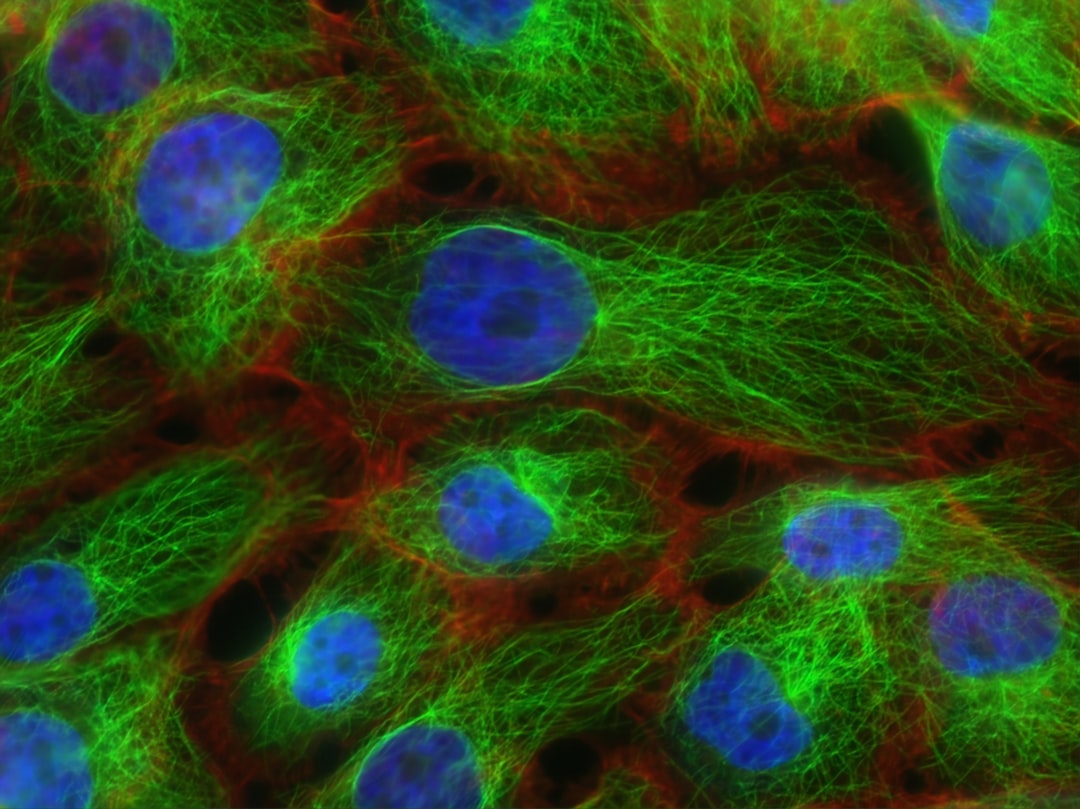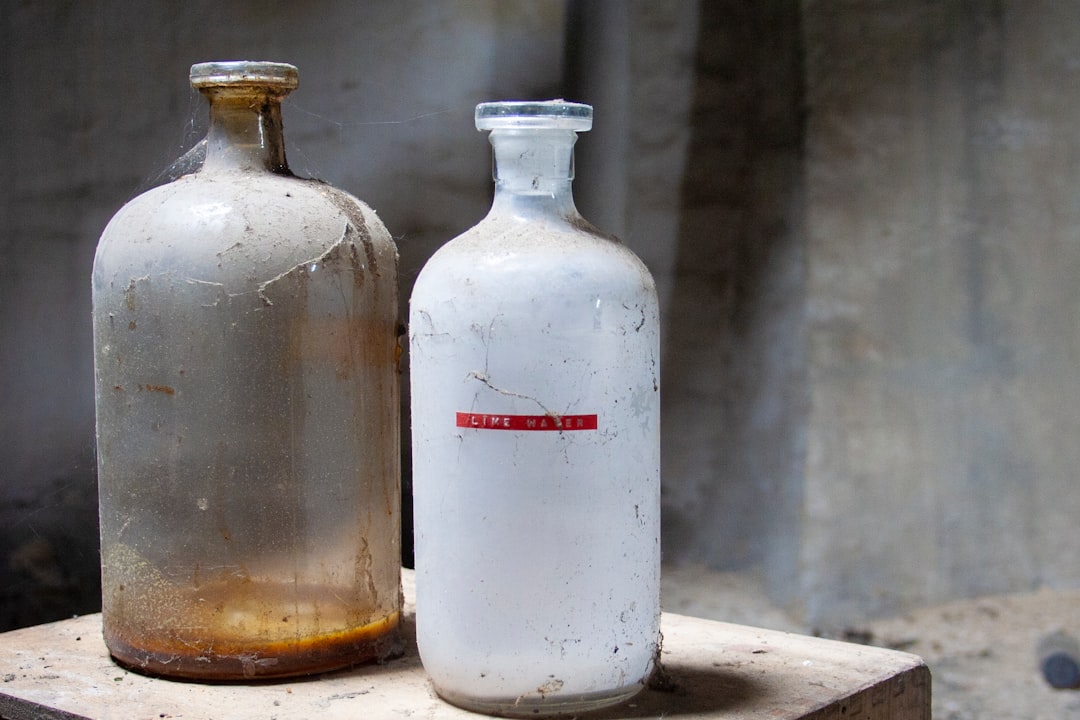What is it about?
The overuse of fertilizers and synthetic amendments has resulted in damaged and less fertile soils. Our goal is to use soil and plant-associated microbes isolated from arid environments to restore the natural balance between plant, microbe, and the environment.
Featured Image

Photo by Flo Lorenz on Unsplash
Why is it important?
Many soils are becoming increasingly less fertile especially in areas where the human population has significantly increased. Often, the most damaging effects are observed in areas where soils lack significant organic matter as well as mineral nutrients. We isolated and identified numerous bacteria from arid soils worldwide that can add both inorganic and organic nutrients thereby promoting plant growth. These have the potential for improving crop growth as the planet gets hotter and drier.
Perspectives
Seeing the damage to waterways and soils that over-fertilization has caused leads us to ask whether or not microbes from environmentally challenged environments can be used to facilitate crop growth in such soils as the climate continues to heat up.
Professor Ann M. Hirsch
University of California Los Angeles
Read the Original
This page is a summary of: Reviewing and renewing the use of beneficial root and soil bacteria for plant growth and sustainability in nutrient-poor, arid soils, Frontiers in Plant Science, April 2023, Frontiers,
DOI: 10.3389/fpls.2023.1147535.
You can read the full text:
Contributors
The following have contributed to this page










